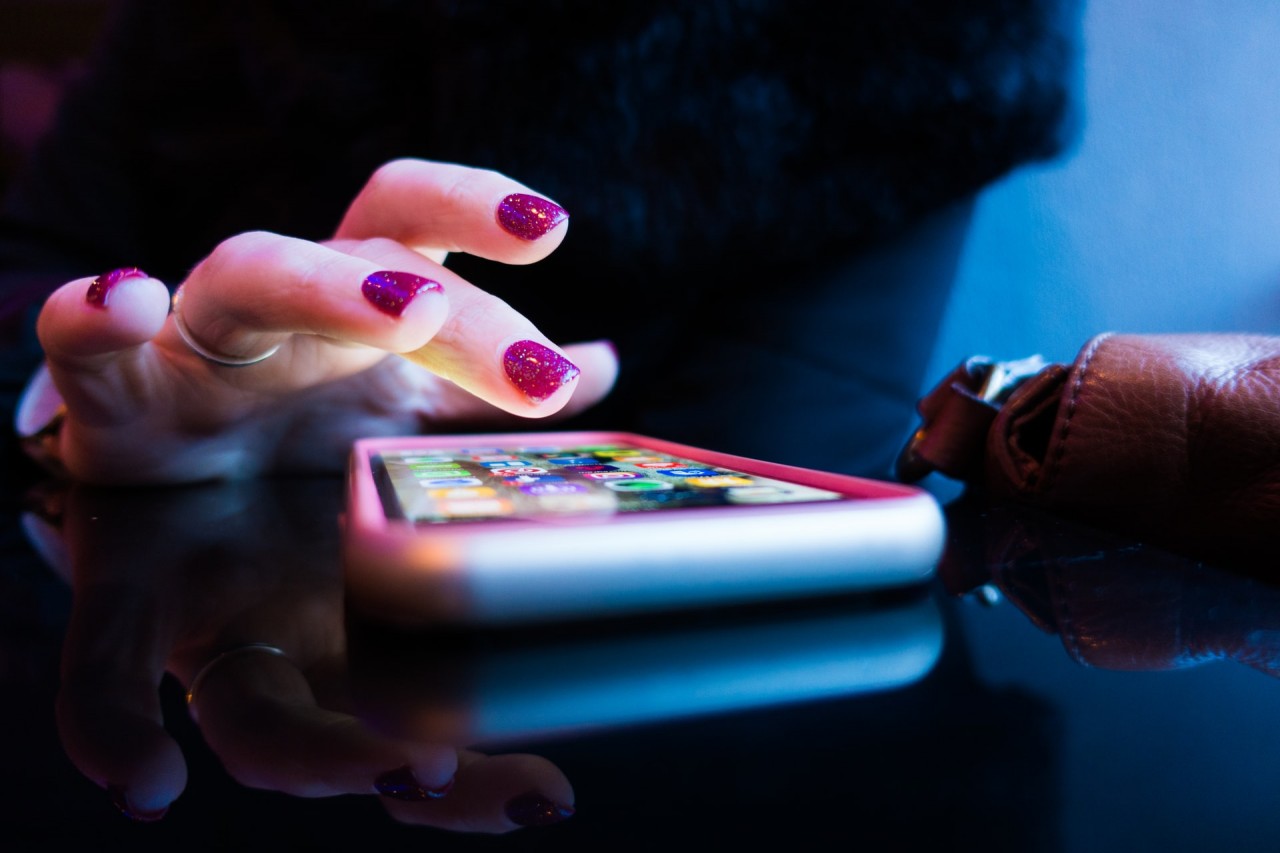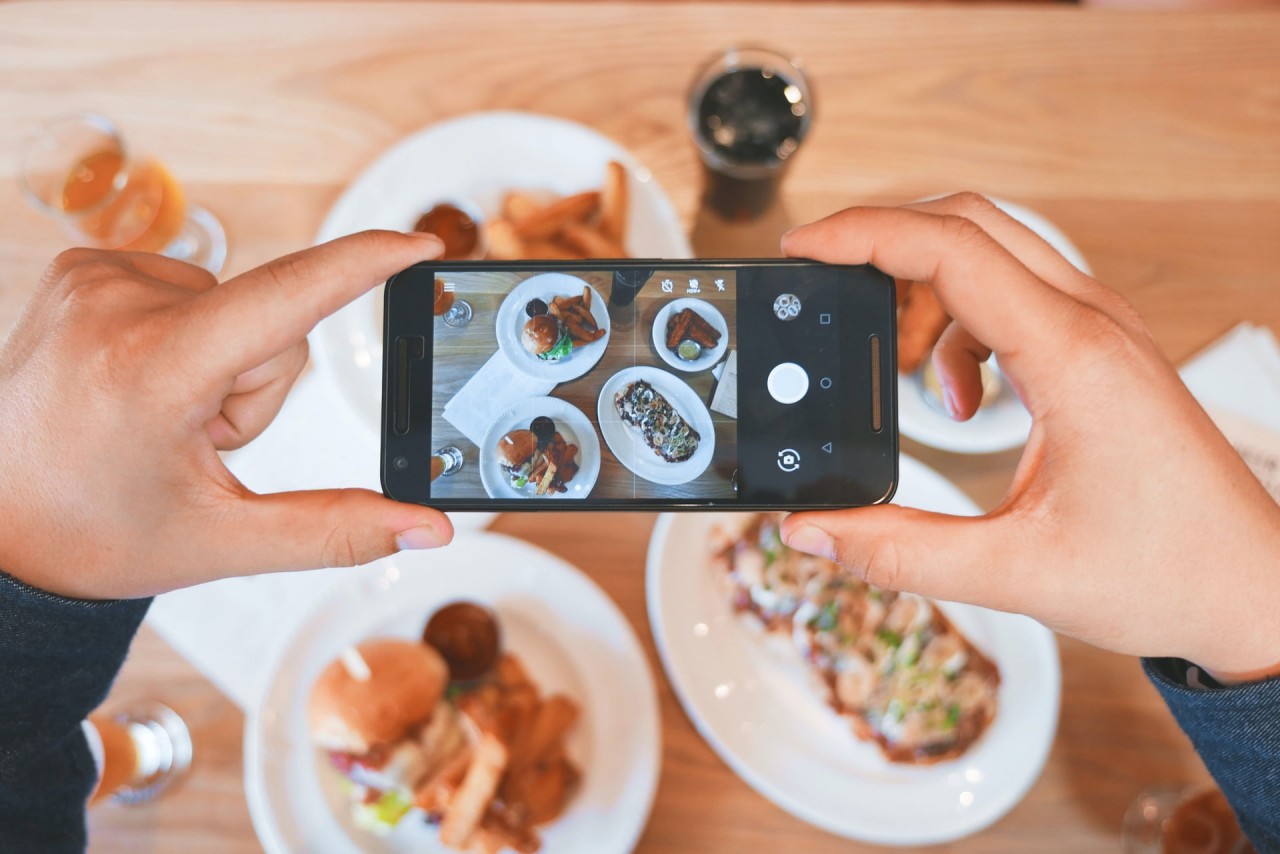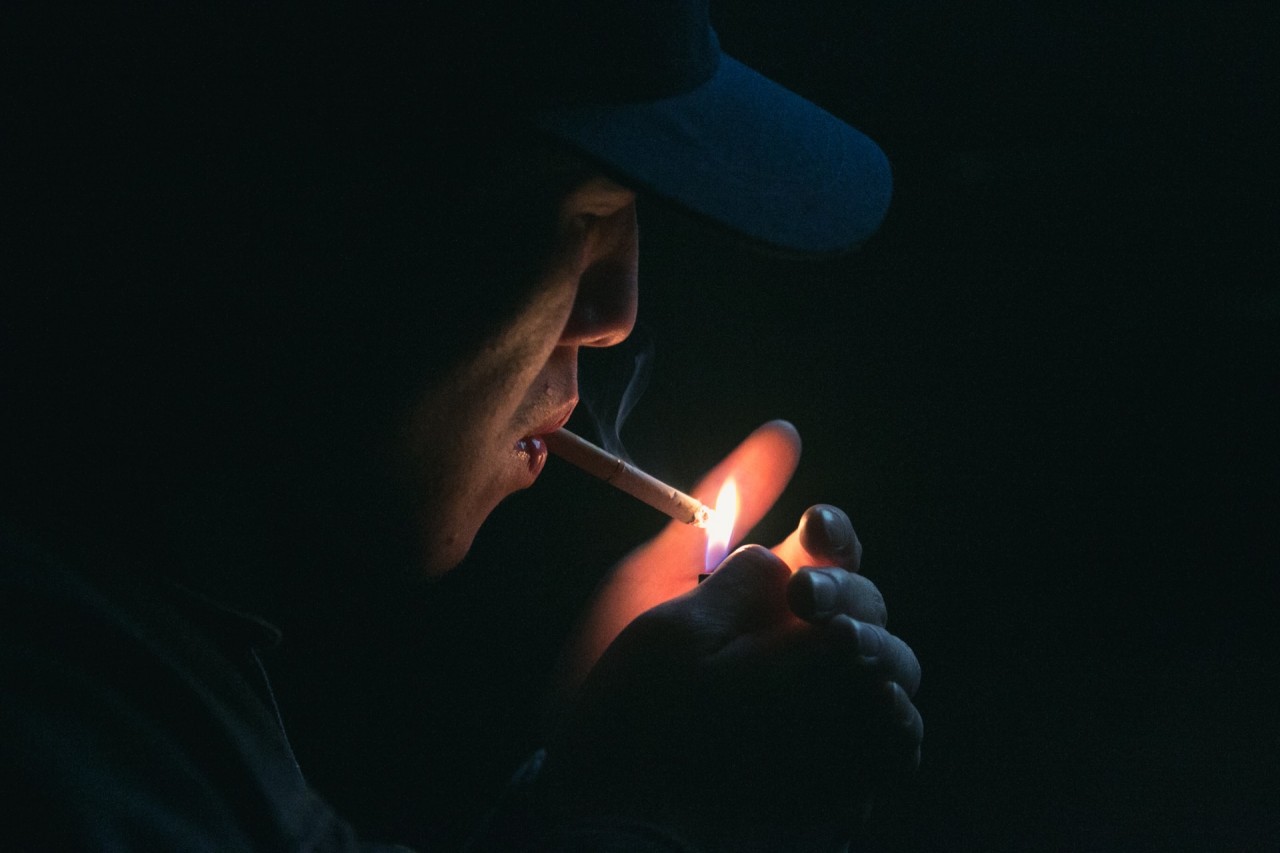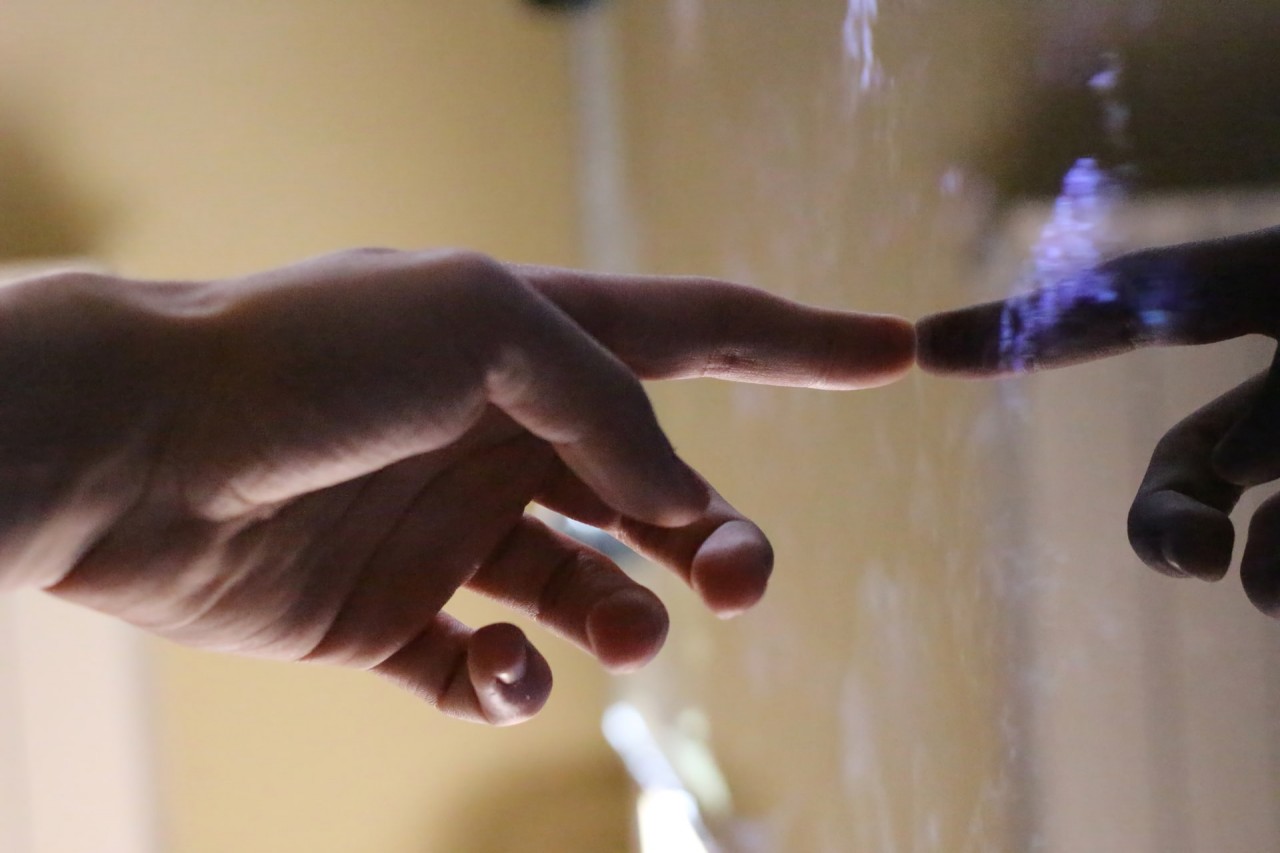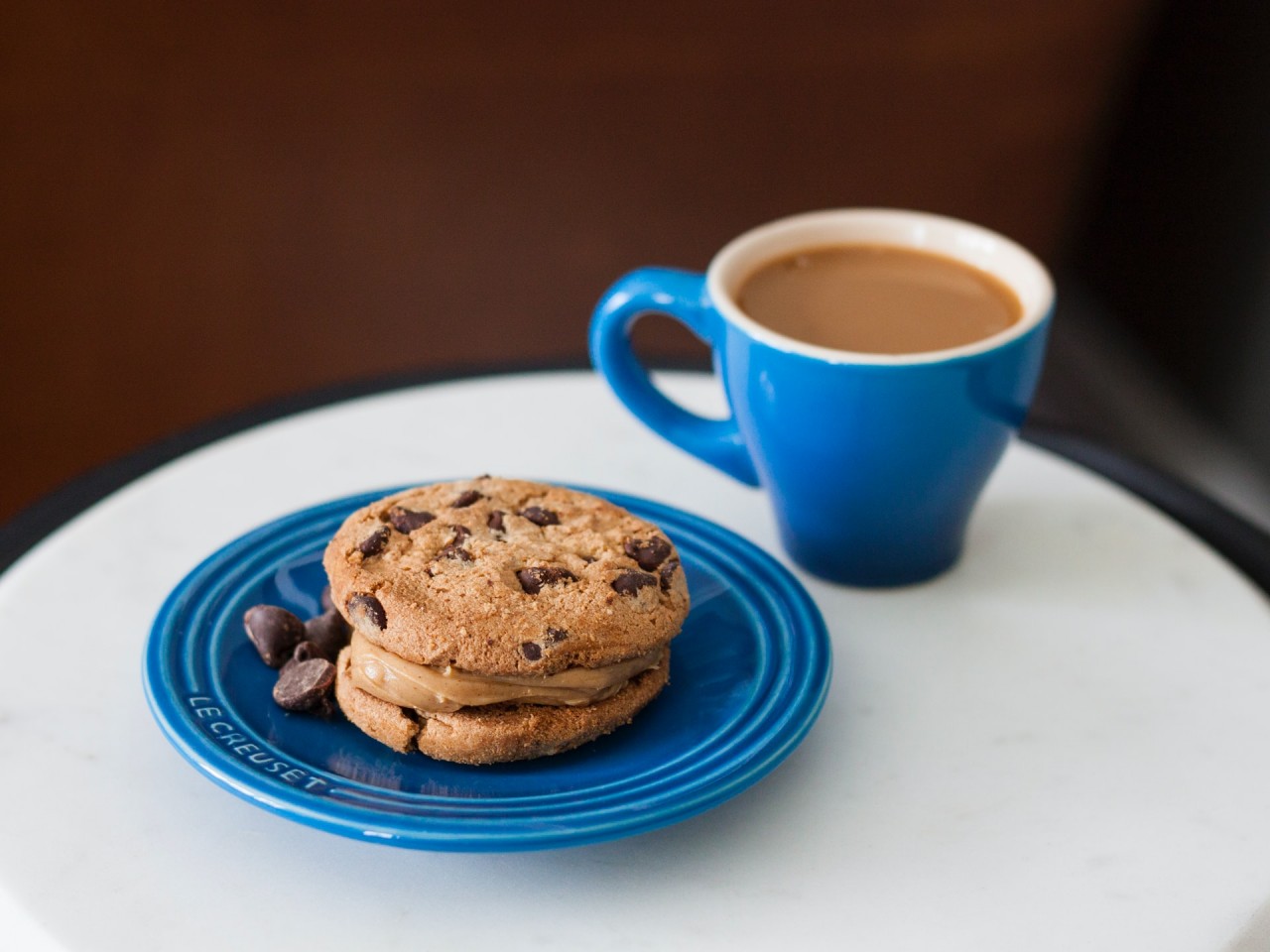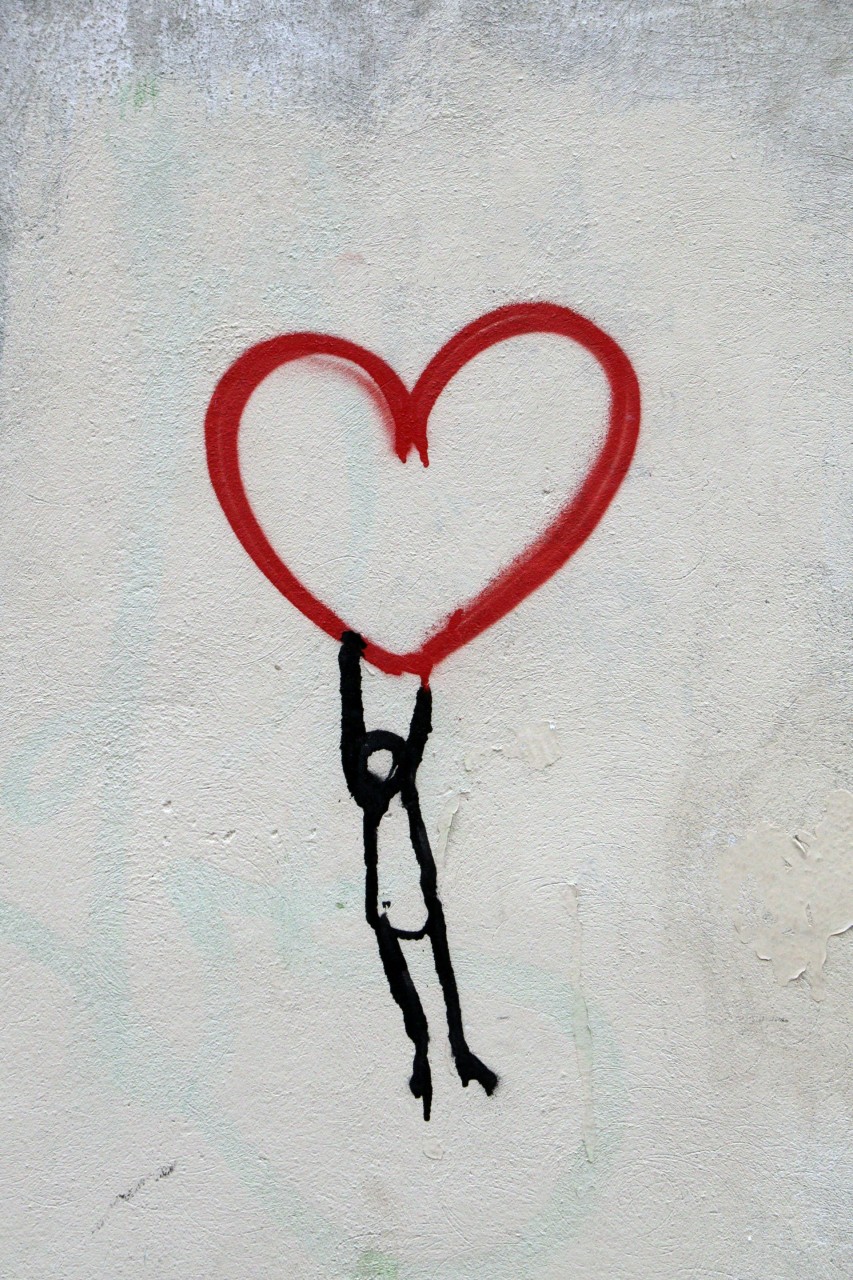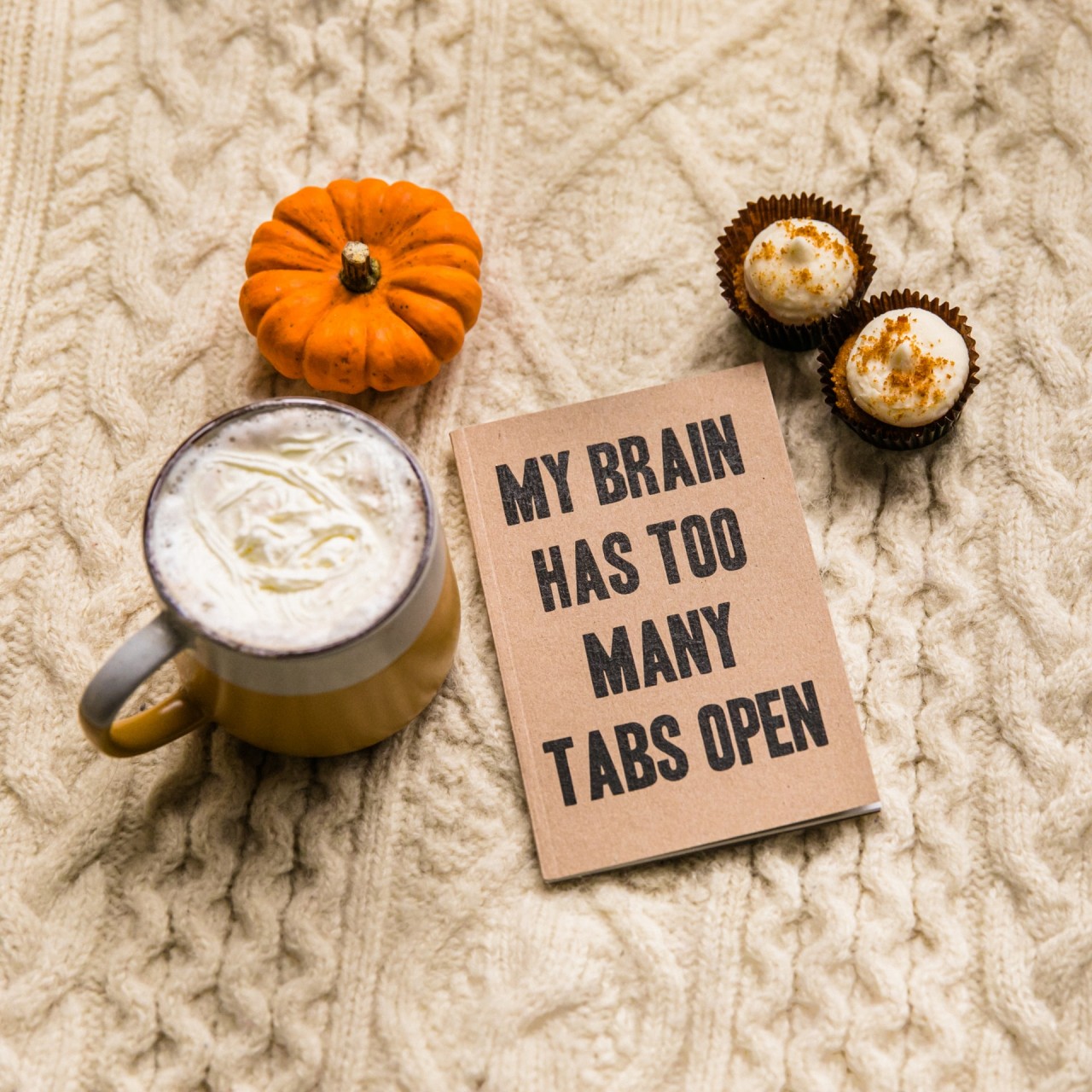"The smartphone is perhaps the first object to challenge the house itself (and possibly the workplace) in terms of the amount of time we dwell in it, while awake,"
says Prof Daniel Miller.
"We are always 'at home' in our smartphone. "
"We have become human snails carrying our home in our pockets."
The smartphone has changed the ways we live our lives.
In a moment of quietness, have you ever reflected on the impact of your smartphone really has on your life ?
photo by Marianne Krohn on Unsplash
Photo by Rob Hampson on Unsplash
Is your phone making you feel anxious or depressed ?
Studies haven't found many direct relationships between your smartphone anxiety and depression.
Research have shown that Smartphones can hurt mental health because of how they impact on your sleep. Phones cause sleep problems because of the blue light they create. This blue light can suppress melatonin, a hormone that helps control your natural sleep cycle.
However,Smartphones can help improve your Mental Health. Many search for help with depression, looked for other individual's mental health stories through podcasts, blogs or videos, regularly use wellbeing apps and get connected with local NHS Mental Health service through text and video chat.
Consider some of these ways your phone can help with your mental health.
Are you addicted to your smartphone ?
Try answering the question below : They are taken from Smartphone Compulsion Test. by Dr. David Greenfield.
- Do you find yourself spending more time texting, tweeting, or emailing rather thantalking to people in person?
- Do you find yourself checking your mobile or smartphone many times a day, even when you know it is unlikely there is anything new or important to see?
- Do you text, email, tweet, Snapchat, Facebook message, or surf while doing activities that require your focused attention and concentration ?
- When your smartphone rings, beeps, or buzzes, do you feel an intense urge to check for texts, tweets, emails, updates ?
- Do you feel your use of your mobile or smartphone decreases your productivity at times ?
Photo by Eaters Collective on Unsplash
Think right now and take a moment to reflect on the following question :
Do you feel uncomfortable when you accidentally leave your smartphone in the car or at home, have no service, or the phone is broken ?
Photo by kychan on Unsplash
The word "addict" was used first in 1909 to describe morphine addicts. It derives from the Latin word "addico", one of the meanings of which is "enslaved".
Are we "enslaved" by our smartphones ?
Almost a quarter of young people are so dependent on their smartphones that it becomes like an addiction.
A King's College 2019 study, says people become "panicky" or "upset" if they are denied constant access. They cannot control the amount of time they spend on the phone. Smartphone addiction is not yet a clinical addiction but you will hear the term "nomophobia,". Research is still exploring if heavy smartphone use can be a problem for some or may be experiencing "smartphone dependence."
46% of parents in the UK feel addicted to their mobile devices. (Source: Common Sense Media).
In 2020, the smartphone dominated our lives during the pandemic. As a result, daily smartphone usage in terms of average hours went up by 39%.(Source: Slick Text)
The average smartphone owner unlocks their phone 150 times a day. (Source: Internet Trends) We laugh roughly 15 times a day but we check our phones ten times more than that.
We spend on average 2 hours and 51 minutes a day on our smartphones. In comparison, the quality time people spend with their families amounts to less than 45 minutes a day. (Source: Bankmycell).
Photo by Elia Pellegrini on Unsplash
In lockdown, touching people was banned. Friendly pats on the back and formal handshakes are part of the work environment.
Nonhuman primates spend about 10 to 20 percent of their waking day grooming each other. In humans, touch signals safety and trust, it soothes, calms cardiovascular stress. A simple touch can trigger release of oxytocin, "the love hormone."
The average user touches their phone 2617 times a day. (Source: Dscout) "Heavy users" touch their phone (swipe, tap) 5427 times a day.
Generation Z are the first human beings to grow up with the smartphone and social media.
52% of teens sit around in silence, staring at their smartphones for extended periods when they are together with friends. (Source: Screen Education).
Are they losing the skills of everyday conversation so important in the workplace and in their private lives ?
It is not just the younger generation. 85% of smartphone users will check their devices while speaking with friends and family. (Source: Bankmycell)
75% of workers in the UK check their phones while at work. (Source: YouGov).
59% think that personal use of technology is more distracting than work tools. (Source: Udemy). Who the biggest thief of attention ? Facebook is the biggest distraction. 43% of workers turn off their phones to cope with distraction. (Source: Udemy).
We're using our phones so much that we're giving ourselves repetitive strain injuries such as "texting thumb", "text neck", and "mobile phone elbow".
- 91 per cent of the 41 million 16-75 year olds who have a smartphone in the UK use their device every day.
- 62 per cent of UK consumers agree with this statement: "I can't imagine my life without my mobile phone".
Studies suggest that up to 62 per cent of women and 48 per cent of men have checked their phone during sex.
Photo by Ashley Kirk on Unsplash
While many people agree that taking a break from their phones (often called "unplugging" or taking a "digital detox") would be good for their mental health, very few people actually do it.
Was there limited telephone communication before the smartphone ?
For those old enough to remember, shared lines, buttons that don't press, engaged tone and phones off the hook. The smartphone offers emails, texts and using a single app as a platform.
Smartphone help us keep constantly in touch with distant friends and family.
Are we really more connected ? Are we losing immediate face to face contact with our loving partners ?
Photo by Nick Fewings on Unsplash
The first time I saw you, I knew it was love.. It was not long before we knew each others private thoughts.. I held you in my hand, and things started moving fast. It seemed strange that you wanted to come with me to the bathroom - but today it's just another private moment for us to share. You're the last thing I touch before I go to bed and the first thing I reach for in the morning.You are very special, I never need to worry about being alone again.
(how to break up with your phone)
Are you having an affair with your smartphone ?
Mark McCormack is a Professor of Sociology at Roehampton University. He interviewed people who had an intimate relationship and how romance was influenced by the smartphone.
He discovered that the smartphone : "kept couples together when apart".
The smartphone is integral to contemporary romantic relationships.
A casual hookup usually is just about the physical connection. Your hookup may be turning into a casual relationship when you start to like each other or make plans to get together.
This is when the smartphone becomes important.. After one to three dates, people use text similar to in person chat conversations, but texts can be 1,000 times a day. This keeps them together, when apart.
I could not imagine a relationship without my smartphone say Annie. It helps me check out things, keep things going in the relationship." "if it is not working out, I use the delete button."
"The smartphone is the third person in our marriage say Tom. I can track my partner's activity"
Is the smartphone is invading our leisure time ? It interferes with dinner conversations, work meetings and live bands (how people have their phones up in live gigs ?)
When long term relationships romance fades "fun texts" diminish and mundane text dominate.
The smartphone help you keep in touch quickly but it is superficial, not the in-depth 20 minute conversations that make up quality time.
The smartphone is not in your pocket but interferes with your life.
Driving us apart when we are together but keeping us together when we are apart.
Daniel Miller directs the Anthropology of Smartphones and Smart Ageing. The project involves 11 anthropologists across nine countries.
Daniel on Radio 4's Thinking Aloud (sept 2021) , says their research has found globally, the smartphone is a private intimate device. People are not comfortable to talk about their relationship with their smartphone.
When they do talk, people are using their smartphone all day, typically using 25 to 30 functions. This includes older adults – everyone does it.
Watching their kids on Instagram, finding out about a plant or when the next bus is coming.
The smartphone is being used more since the experience of lockdown. In the UK : 90% adults use a smartphone. In the 50 plus, there has been a 50% to 70% rise (2020).
Smartphone from below.
Daniel says there is a myth. We are not being controlled from above. Algorithms and AI do not control how we use our smartphone.
Who puts the smart into smartphones ?
When we first get our phone, we delete add and change apps. The smartphone's open architecture allows you to create your own smartphone design. We use WhatsApp to organise care for kids, visual images to comfort others.
The smartphone is used different across cultures. A 90 year old Japanese flower arranger, after 3 years experience of her smartphone is arranging work, blogging, viewing a picture of her lunch box. She is using, step counting and brain training app to improve her wellbeing.
The smartphone blends in well, it is a social device. Using spotify or by asking Alexa, you can listen to 90's music when you are 70.
The smartphone can make people younger.
Photo by That's Her Business on Unsplash
Is the smartphone – making conversations more shallow, tendency to ignore friends and family and encouraging lazy brains ?
A brain in our pocket rather that active brain use ? How often have you heard a person say "google it" ?
Are we losing the use of our memory ?
This was the worry in the past : the arrival of the print press, books, some 300 years ago. No - The smartphone increases our level of knowledge. The smartphone is a different platform digital. It is the place where we now live.
Shopping, homework and engaging with other people are now done by smartphone.
Whilst younger people struggle to rent or buy a home, let them have one now - the smartphone !
Please grant me a single wish.
A wife who pays me more attention, takes me out more frequently, sleeps close to me, altogether more supportive., cares for me even if it is a tiny scratch.
POOF - the Genie grants my wish and I turn into a smartphone.
Recommended reading - How to break up with with your phone by Catherine Price.
Recommended podcast listening - Radio 4 Thinking Allowed - the smartphone.

